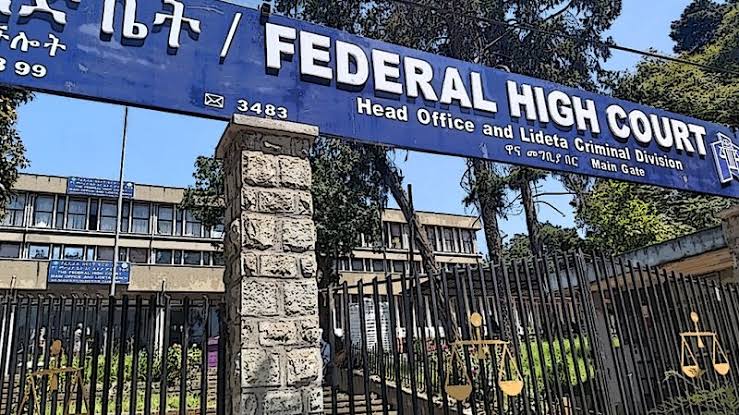
A Federal High Court in Abuja has sentenced a 29‑year‑old man convicted of disseminating what was deemed “anti‑government propaganda” to seven years in prison.
The accused, who was not named in court documents, had been arrested earlier this year following a social media campaign criticizing government officials and calling for civil unrest. Prosecutors argued that his online posts—shared widely across multiple platforms—were designed to undermine national security and erode public confidence in government institutions.
During the trial, the defense maintained that the posts were expressions of free speech and political opinion, not the incitement of violence. They contended their client was exercising his constitutional rights to critique government policy. However, the judge found that the rhetoric transcended legitimate criticism, asserting that it constituted a threat to public order and national stability.
In delivering the sentence, the judge stated, “Freedom of expression is fundamental, but this right does not extend to actions that deliberately incite disaffection or violence against the state.”
The conviction has sparked strong reactions from human rights groups and civil society organisations, which condemned the ruling as disproportionate and warned that it risks stifling dissent and curtailing freedom of expression in the country.
Speaking on condition of anonymity, a lawyer with the Human Rights Law Network said, “This sentence sets a worrying precedent. The line between critique and crime is being blurred in a way that endangers basic democratic freedoms.”
Government officials from the Attorney General’s office defended the verdict, saying it reflects the country’s legal standards regarding public security. A spokesperson emphasized that the ruling serves as a warning against online extremism and the spread of destabilising content.
The convicted individual is expected to appeal the decision. Meanwhile, the case has reignited debate around the balance between national security and the protection of free speech, with many calling for clearer legal parameters to define what constitutes legitimate expression in the digital age.

